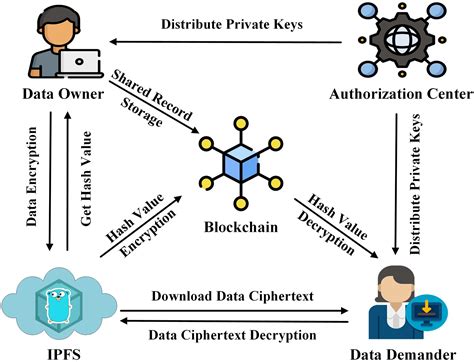The next frontier: integrating AI with Blockchain technology
The Next Frontier: Integrating AI with Blockchain Technology
As the world continues to grapple with the challenges of digital transformation, one innovation that is set to revolutionize the way we think about security, trust, and value in our transactions is the integration of artificial intelligence (AI) with blockchain technology. The two technologies have long been considered complementary, but their convergence has the potential to unlock new levels of efficiency, security, and scalability.
What are Blockchain Technologies?
Blockchain is a decentralized digital ledger that records transactions across a network of computers in a secure and transparent manner. It uses cryptography to ensure data integrity and prevent tampering. Blockchain technology was pioneered by Satoshi Nakamoto, a pseudonymous individual who created the Bitcoin protocol in 2009.
What are AI Technologies?
Artificial intelligence refers to the simulation of human intelligence in machines that are programmed to think like humans. AI technologies involve machine learning algorithms, natural language processing, and deep learning, which enable computers to learn from data, make predictions, and automate tasks.
Integrating AI with Blockchain Technology: Opportunities and Challenges
When integrated, AI with blockchain technology has the potential to solve some of the most pressing problems in today’s digital economy. Here are some key opportunities:
- Immutable Data: Blockchain technology ensures that data is immutable, meaning it cannot be altered or tampered with once it has been written. This property makes it an ideal solution for storing and managing sensitive information, such as financial transactions.
- Transparent and Trustless Transactions: The blockchain ledger provides transparency and trustlessness to transactions, allowing parties to verify the history of their interactions without relying on intermediaries such as banks.
- Efficient Processing: Blockchain technology enables fast and secure processing of transactions, thanks to its peer-to-peer network architecture.
However, there are also challenges associated with integrating AI with blockchain technology:
- Scalability: Currently, most blockchain platforms are not scalable enough for large-scale applications that require high transaction volumes.
- Interoperability: Different blockchain platforms have different protocols and architectures, making it difficult to integrate them seamlessly.
- Security
: While blockchain provides excellent security features, AI can introduce new vulnerabilities if not designed properly.
Real-world examples:
Several companies are already exploring the intersection of AI with blockchain technology. For example:
- IBM Blockchain-based AI Platform

: IBM is developing a blockchain-based platform that allows organizations to build and manage complex AI models.
- Microsoft Azure Blockchain Services: Microsoft has launched Azure Blockchain Services, which provides a scalable and secure solution for building and deploying blockchain applications.
Conclusion:
The integration of AI with blockchain technology has immense potential to transform the way we think about security, trust, and value in our transactions. As this convergence continues to evolve, we can expect to see new innovations that address some of the most pressing issues in today’s digital economy. However, it is essential to carefully address the challenges associated with this integration to unlock its full potential.
Next steps:
- Investigate blockchain-based AI platforms: Explore existing blockchain platforms and services that integrate AI.
- Search for interoperability solutions: Look for technologies or protocols that enable seamless integration between different blockchain platforms.
3.






